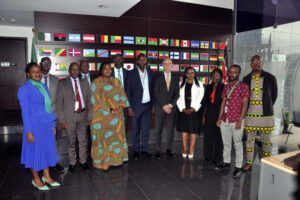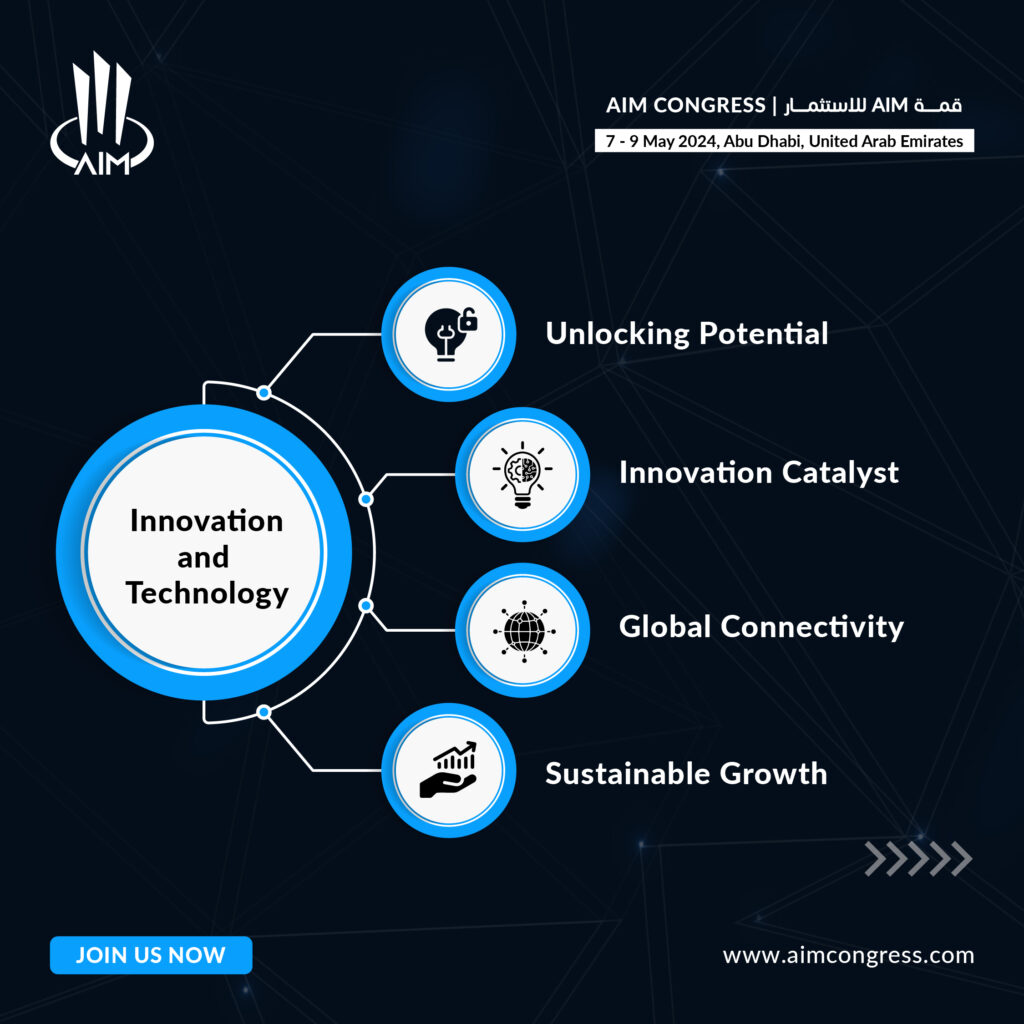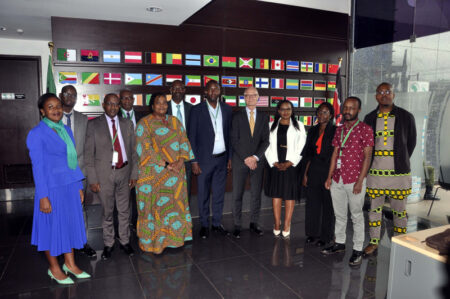AIM Congress will be hosted by Abu Dhabi, with the support of the UAE Ministry of Industry and Advanced Technology and the Abu Dhabi Department of Economic Development (ADDED) as lead partners. The Gold Sponsors for the event are Saud Bahwan Group, Jordan’s Ministry of…
Africa Fertiliser Financing Mechanism will avail 8000 tons of fertiliser. 5.533 million Kenyan farmers are registered for the government’s subsidised…
Kenya’s high-interest rates hit 13 per cent in the last review by the Central Bank of Kenya. Since mid-2023, however,…
Kenya-Ethiopia trade relations have been on the rise in the past 27 years, with Kenya having the upper hand. Ethiopia,…
There is a debt crisis in Africa as countries struggle to repay international loans. According to the World Bank, nine…
AfDB asks policymakers to put in place an orderly and predictable way…
Featured
International arrivals increased from 1.48 million in 2022 to 1.95 million as…
Industry & Trade
Artificial intelligence in Africa can potentially propel the fintech industry into a…
Countries
Kenya’s high-interest rates hit 13 per cent in the last review by the Central Bank of Kenya. Since mid-2023, however, the World Bank’s index…
There is a debt crisis in Africa as countries struggle to repay…
UN faults UK-Rwanda asylum treaty citing concerns on potentially harmful impact on…
Namibia’s Mopane field could hold up to 10 billion barrels of oil,…
Regional Markets
East Africa’s economic growth is projected to grow at 5.3 and 5.8 per cent in 2024 and 2025-26, respectively. The…
Tech & Innovation
South Korea-based LB Investment, which has $1.2 trillion Assets Under Management (AUM) as of 2023, has announced its participation in the 2024 AIM Congress. The firm…
Editor's Picks
International arrivals increased from 1.48 million in 2022 to 1.95 million as…
Africa
AfDB asks policymakers to put in place an orderly and predictable way…
Industry & trade
AIM Congress will be hosted by Abu Dhabi, with the support of…
Money Deals
A key component of successful cryptocurrency investment is utilizing cryptocurrency exchanges effectively.…
Investing
Africa Fertiliser Financing Mechanism will avail 8000 tons of fertiliser. 5.533 million…





































